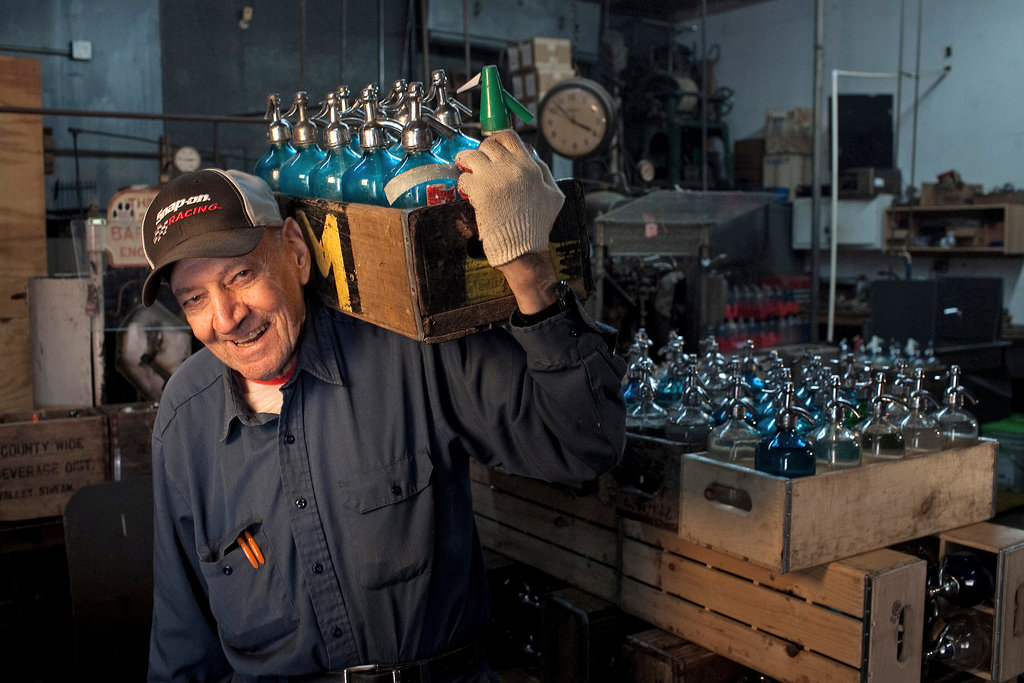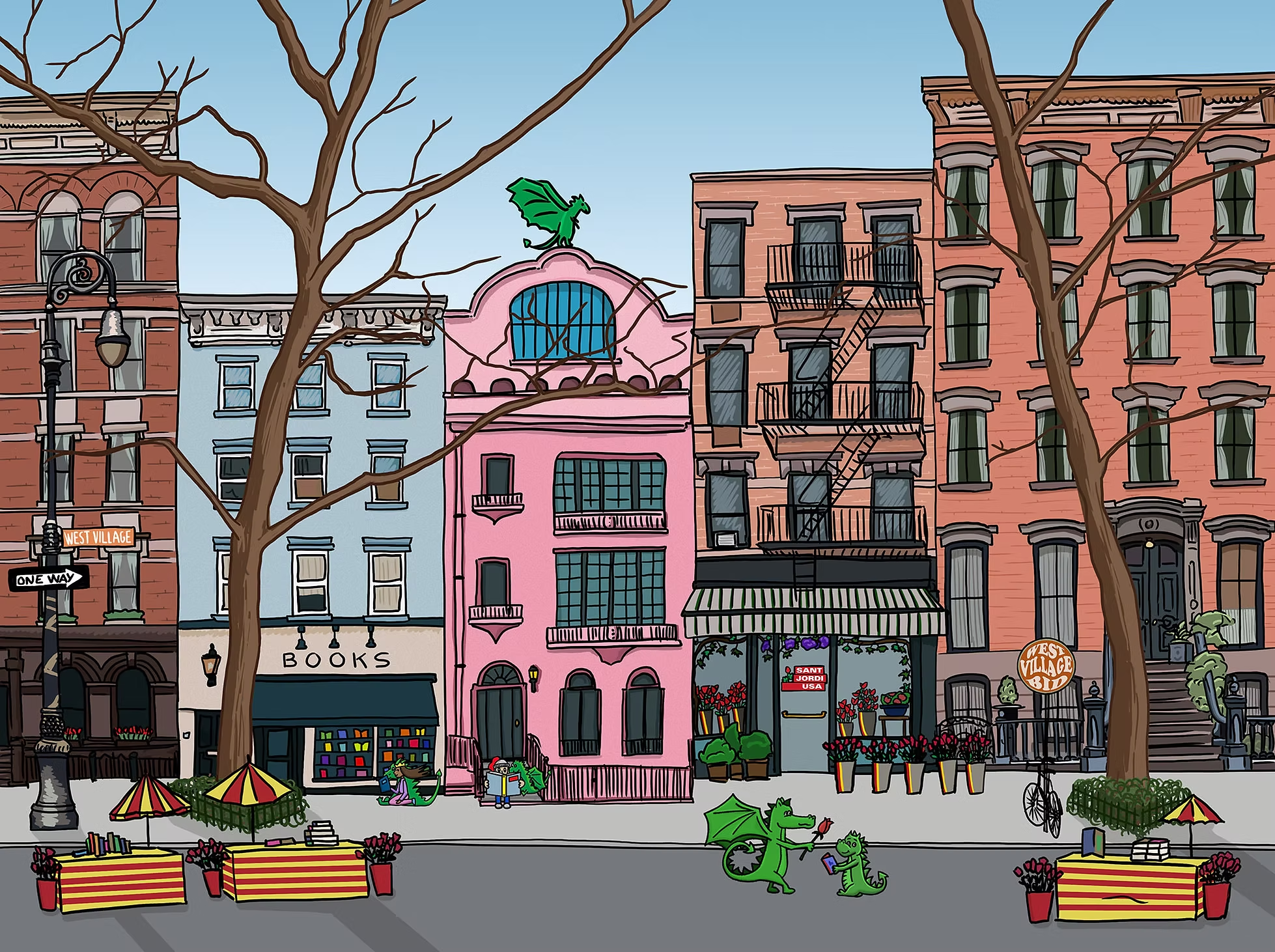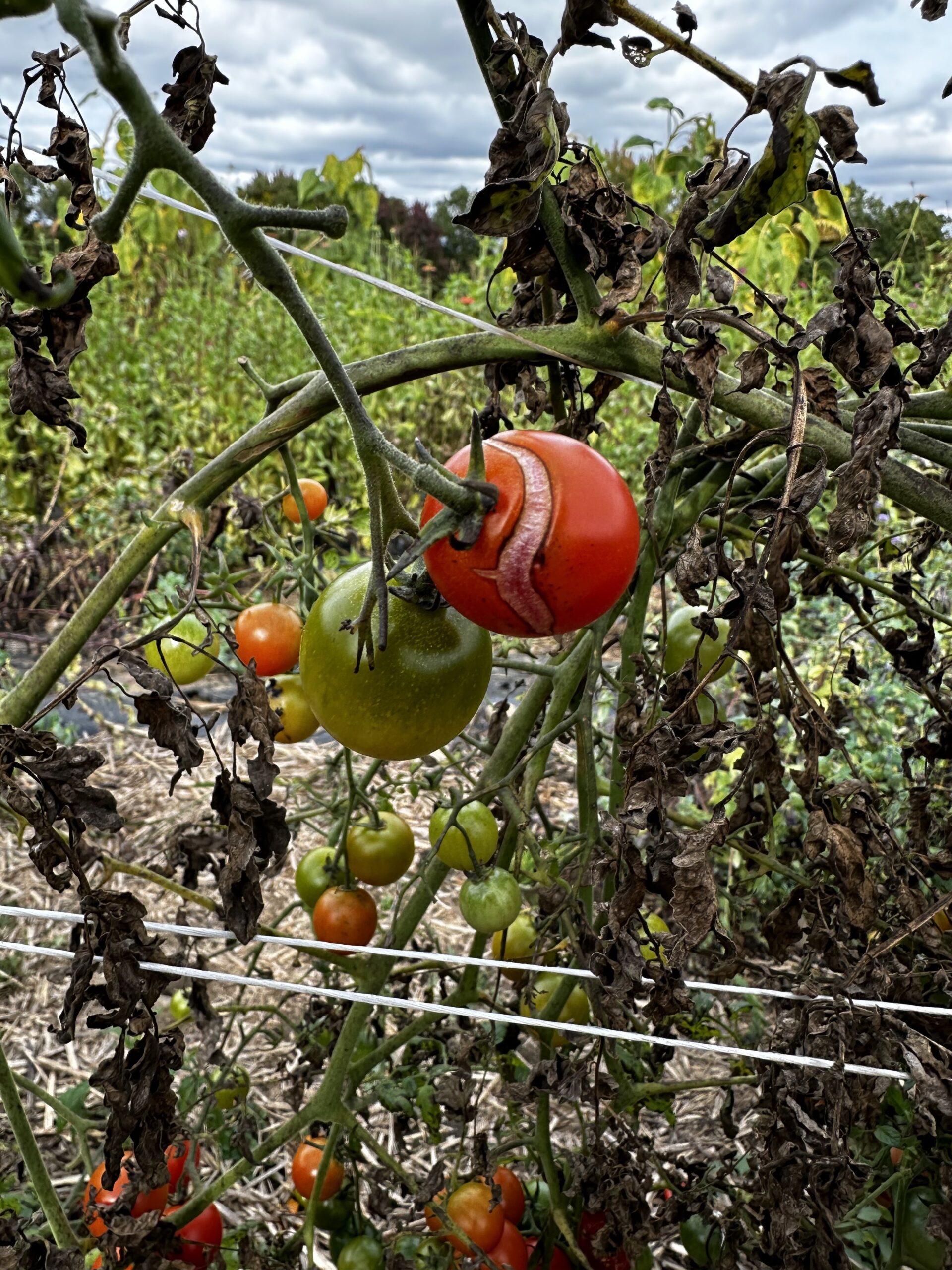Eli Miller, one of the last Brooklyn seltzer men, delivers his syphon bottles when he divines need. Calling ahead isn’t his style. He has a formula that factors days, bottles, weather, holidays. It’s always right, but his timing’s terrible. At five on random weekdays, the bell rings as I face an empty fridge or race out to collect a kid. He’s a walking library of Brooklyn lore, a writer’s dream. But I’m always too pressed to listen. He tactfully ignores my impatience. “Julia, you’re my favorite customer,” he rasps, his impish smile a surprise in his long face.
One May evening, he rings the bell. For once, I have time, and he must feel it. School’s winding down, the larder’s stocked. He takes the empties, returns with four full cases, stashes them. I stand in the doorway. He stands, hand on his dolly, his tall frame a flattened S in profile. “Julia, I’ll be back around the third week in June.”
“We’ll be in Vermont,” I say.
“Vermont…” It’s as if he’d dipped the madeleine into its tisane. “My great-uncle, Abe, ran a general store in Bellows Falls, Vermont. Did I tell you?” Probably, but there’s no stopping him. Abe was from Russia. He loved snow. Married a woman who had a son. Put him through med school. Kid became a doctor. After the mother died, he wanted nothing to do with Abe. Eli pauses to let this injustice sink in. A man sacrifices so another’s son can become an alrightnik, as the old Jews would say, a success, and then is rejected by him. If I knew the Bible better, I could cite parables where God punishes such sons. But there are probably just as many where God says to these unappreciated menschen, Suck it up. This is one of those. Abe returns to Brooklyn. Eli’s parents take him in, but his mother can’t stand him. Is he repulsive or, like the grocer in Bernard Malamud’s The Assistant, someone for whom “luck is if not a natural enemy, not a good friend.” Eli doesn’t say. His father asks Abe to leave. Stoic, Abe moves to a retirement home in Jersey. “We’d visit. Then one day, we went. He was gone. We never heard of him again.” Eli shakes his head.
Eli tells more stories. One’s about a rich customer whose foul-mouthed daughter-in-law conspires to take over his business. Eli plays all the parts, including himself, the customer everyone confides in. The father-in-law, who’s actually a gangster, comes off as King Lear. These are Brooklyn parables. They end on a question: Why do people treat each other so?
“O.K., Julia,” says Eli, finally. “See you in July. You’re my favorite customer.”
“Eli, you say that to all your customers.”
“Naah,” he says, smiling. “Have a great time in Vermont.” He pushes his empty dolly to his truck.
Julia Lichtblau’s writing is forthcoming in The Florida Review and has been published in Best Paris Stories, Temenos, Ploughshares blog, Narrative, Pindeldyboz, and Tertulia. She won the 2011 Paris Short Story Contest, 2nd Prize in The Florida Review’s Jeanne Leiby Chapbook Contest, and has been a finalist for other literary awards, most recently the Gold Line Press Chapbook Contest. She has an MFA from Bennington College. For 15 years, she was a journalist for Dow Jones and BusinessWeek in New York and Paris. She’s working on a short story collection, Foreign Service, and a novel, Sweet Melissa.




